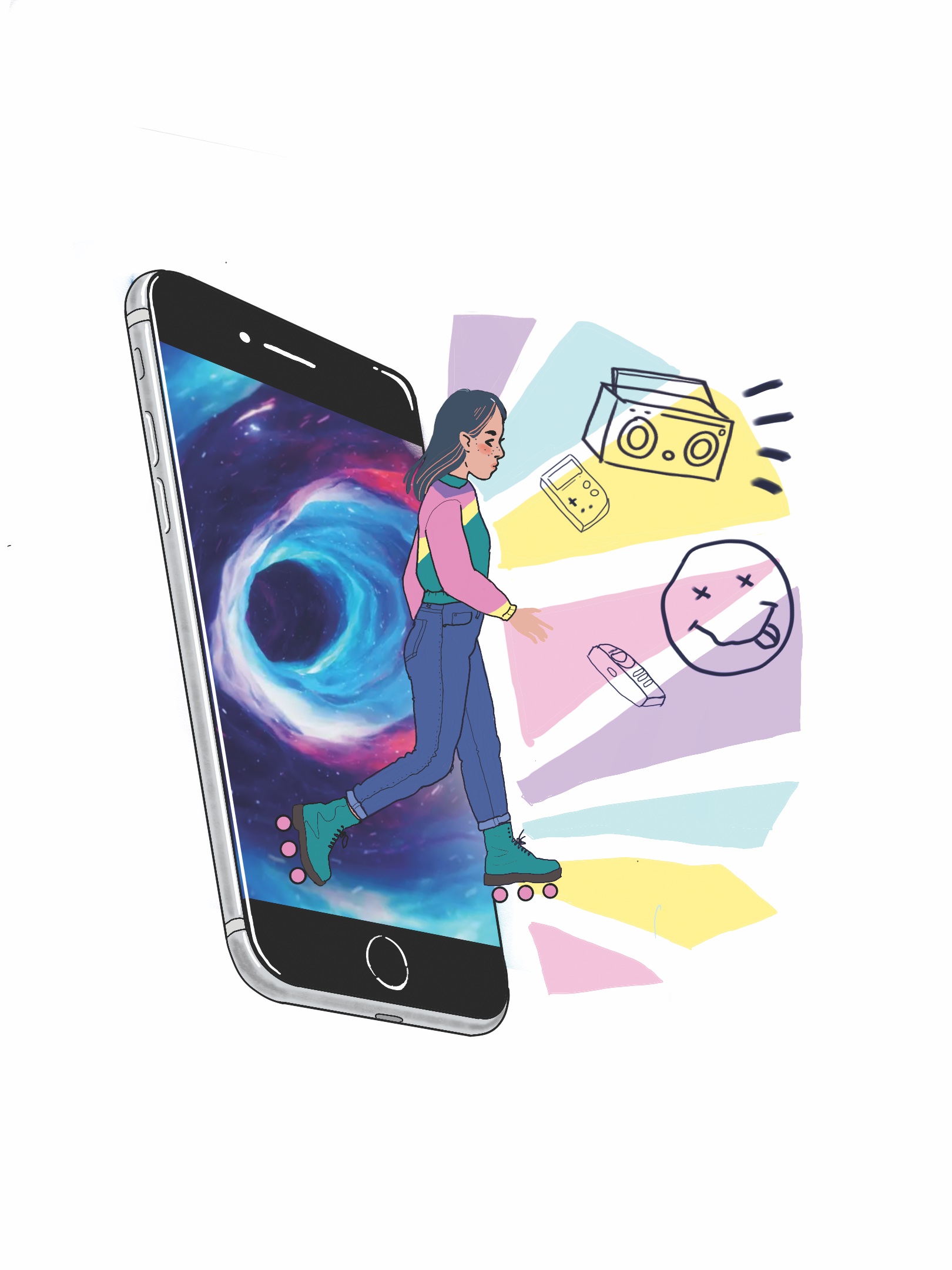A remake of Rebecca appeared on Netflix in October 2020, The Magic School Bus is going live-action, and HBO Max is making a new Gossip Girl television series. Seeing our childhood remade and repackaged can be unsettling. Remakes of familiar fictions can indulge our nostalgic memories, but half-baked carbon-copies of past works often do the opposite, leaving a poor taste in the mouths of fans.
A.R Martin characterizes nostalgia in the American Journal of Psychoanalysis as a “tendency to follow the path back home, back to our beginnings.” Beardsley Ruml in his article Some Notes on Nostalgia argues that nostalgia is a basic biological drive. It is easy, therefore, for creators to fall prey to making reboots too similar to their originals. Reboots provide a starting point for creators, but can quickly become unenjoyable if they are copies of previous work rather than something new and innovative.
The success of a reboot can be traced to one word: Change. Effective reboots, such as Riverdale, exemplify how recycled media can be enjoyable with enough originality. Riverdale’s morbid mysteries are especially novel when compared to the original Archie comics, and the many plot twists provide endless surprises. As the winner of seven Teen Choice awards, the show’s commercial success supports this as well. Riverdale writers include iconic details such as Jughead’s cap and Betty’s good-girl persona without succumbing to tonal repetition of the source. The unique, almost soap-opera lens is what makes the show come alive—and is what has kept it alive for five seasons, and counting.
On the other hand, Arrested Development falls flat where Riverdale flourishes; the former’s failure can be attributed to its lack of original direction. When an audience consumes a piece of media, they remember not only the media itself but also its context—which includes the viewer’s own memories of watching it. Viewers develop relationships with pieces of media, which are changed, for better or for worse, by attempts to modernize or reinvigorate its original properties. Many will undoubtedly carry their previous emotional bias, but if the remake is sufficiently different, both the original and the reboot can exist uniquely. Whereas Riverdale is a totally different viewing experience than reading Archie comics, the fourth and fifth seasons of Arrested Development are the dregs of what was once a successful sitcom. Those final seasons lack true merits of their own, making the show a drab continuation of the past with nothing new or refreshing to add. While fans of Arrested Development were excited to see the show’s return, most were disappointed by the poor and flat attempts to recreate the original magic of the show.
As long as both audience and creators ditch the loyalty to canon, plenty of innovative work can be made from pre-existing sources. Modernizing older narratives continues to bring about exciting new works—notably the upcoming Dune movie remake, which has the chance to remedy the previous, notoriously bad Dune film. After all, the originals will remain unchanged anytime we are looking to be brought back to the past—reboots look to the future.







